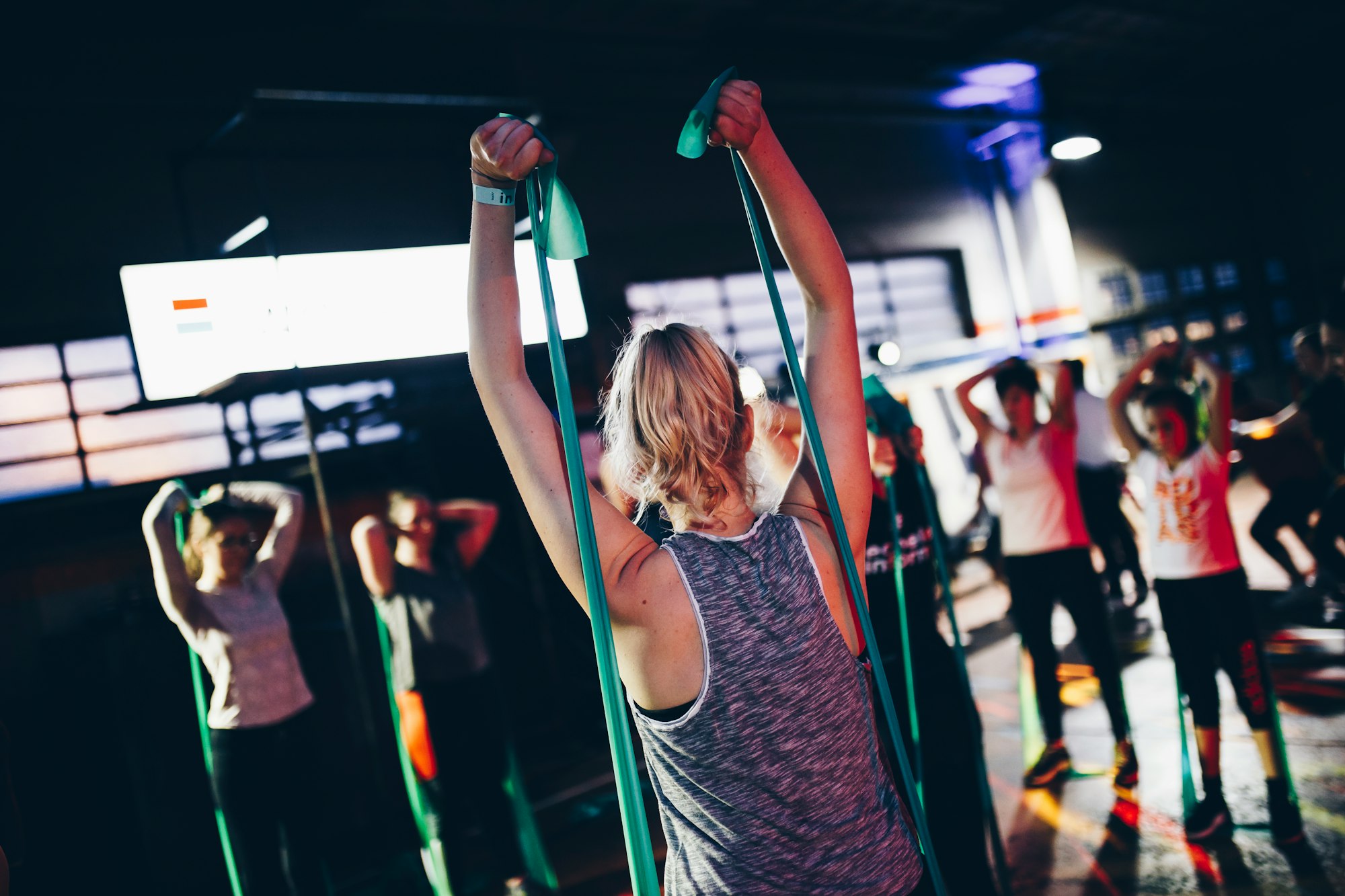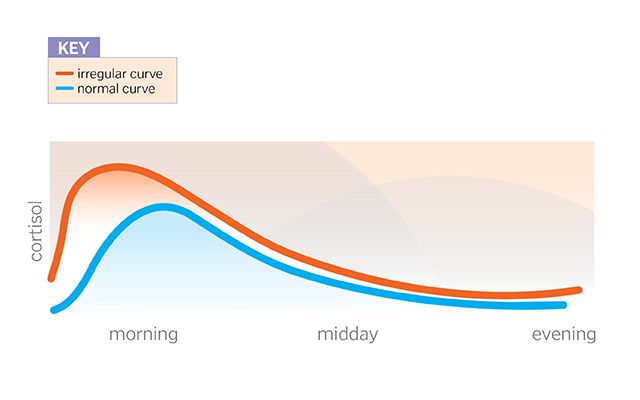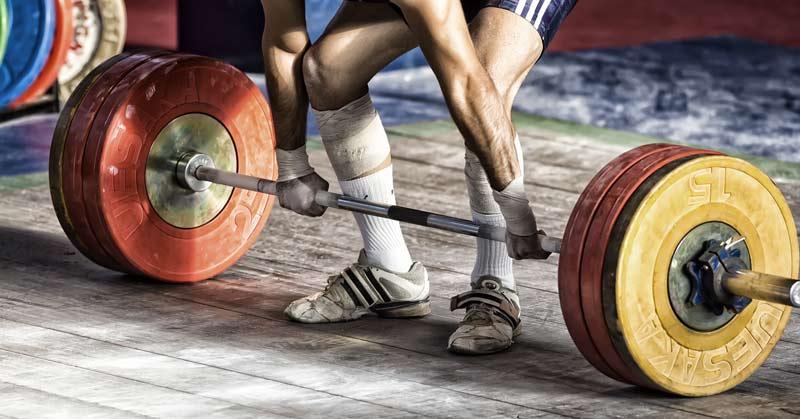Is fasted exercise right for women?

The practice of fasted exercise – in particular, cardiovascular exercise first thing in the morning – has rapidly risen in popularity. Proponents argue that training before breakfast teaches the body to burn more fat as fuel, leading to performance gains, improved insulin sensitivity, and faster weight loss.
While these claims may hold a grain of truth, the question we should be asking is, do the benefits of fasted exercise outweigh the costs? Regrettably, when we consider this in context of the female body, the answer is often no.
I get it. I myself used to be a fasted cardio fanatic. I would get a strong sense of accomplishment when I rolled out of bed at 5am, downed a glass of water or a black coffee, and headed straight to the gym for a sweaty, high intensity workout. "I can't stomach food before exercise", I would tell myself. "I feel more alert and focused on an empty stomach", I believed. At the time, I was also confident that working out fasted would cause my body to burn more fat, but later learned that this wasn't exactly the case.

Unfortunately, it wasn't until I ran into fertility issues that I took a hard look at how my fasted training habit was really affecting my body. Even though I was following the right protocol for health (or so I thought), my reproductive hormones had completely shut down and my stress was going through the roof. Granted, there were factors at play other than the timing of my meals and workouts. However, I do believe that training on an empty stomach did contribute significantly to my symptoms.
Although I was resistant to change at first, I now make an effort to eat a banana or cookie or to down a glass of orange juice before my morning workouts. And I feel a million times better. Let me try to explain why.
Fasted exercise doesn't necessarily lead to a fitter or leaner body.
First off, let's debunk the myth that working out fasted is a holy grail for improved performance.
A study in 2008 hypothesized that training in a fasted state would improve the body's ability to use fat as energy and protect the energy stored in muscle (glycogen) from being depleted as quickly. This would theoretically benefit the performance of endurance athletes and make their training more effective. However, researchers were surprised to find that neither training adaptations nor fat utilization was significantly different between fasted or fed training conditions.
Another study done in 2014 confirmed these findings. It showed not only that there was no difference in fat burning across fasted vs fed athletes, but also that there was no difference in resulting body composition changes. That is, exercising in a fasted state does nothing to help you lose more body fat.
So while you may prefer fasted exercise, think twice before relying on it as a silver bullet for your athletic and/or aesthetic goals.

Hormonal considerations for women
If you are biologically male, then you may be able to get by exercising on an empty stomach, without suffering too many negative consequences. But if you are female, you may want to consider how fasted exercise could disrupt your hormonal balance.
It all starts with cortisol, the hormone that controls our stress level. Cortisol levels naturally rise upon waking, so adding high intensity exercise and fasting (which are both physical stressors) to our early morning routines causes cortisol to spike even higher at this time.

While the influences of cortisol and stress aren't gender-specific, women's bodies are much more sensitive to them. High levels of stress paired with energy deficiency causes an imbalance in the female reproductive hormones, estrogen and progesterone. These hormones are intricately synchronized with the menstrual cycle, so when they get disrupted, it can result in menstrual irregularities and damage to the reproductive system.
In case the idea of missing your period and having difficulty conceiving aren't powerful deterrents for you, consider this. Over time, menstrual dysfunction leads to the serious (and often irreversible) condition of bone loss and osteoporosis. The link between low energy availability, menstrual irregularity, and bone loss is known as the Female Athlete Triad.
How to fuel your workouts
What you decide to eat before your workout depends on how much time you have in advance to eat.

2-3 hours beforehand
When you have the luxury of eating several hours before your workout (either because you wake very early or exercise in the afternoon/evening), you have ample time to digest a substantial meal that is nutritionally complete. In this case, you should try to incorporate carbohydrates, protein, and healthy fats. Try to stick with something that is relatively easy on your stomach, rather than foods that are heavy, rich, and will weigh you down.
A few examples are avocado toast with a protein shake or grilled chicken with steamed vegetables and fruit.
15 - 30 minutes beforehand
If you're a morning workout person and usually have to rush out the door to get to the gym on time, then the focus shifts to getting fast energy with minimal digestion required. You'll want to aim for simple carbohydrates, avoiding fiber and fat. I'm a big fan of liquid energy sources for this case, as they are more readily absorbed.
Some good choices are fruit juice, sports drinks, a spoonful of honey, or even a small cookie or cracker. Remember, you just want to get a little bit of energy in your system. No need to stuff yourself.

Before I sign off here, I'd like to make clear that I'm not trying bash fasted exercise altogether. A moderate amount of fasted training can be appropriate if it's done thoughtfully, with an individual's needs and physiology in careful consideration. Everyone has a different capacity to adapt to hormonal changes. For some women, fasted training may be a non-issue, while for others, it can significantly disrupt their lives.
When it comes to fueling workouts, there's a fine balance to be struck. Ultimately, any nutritional strategy should cater to individual needs and preferences. The most important thing to prioritize is when making any change to nutrition or training is to listen to your body and be mindful of its broader impact on your overall well-being.


